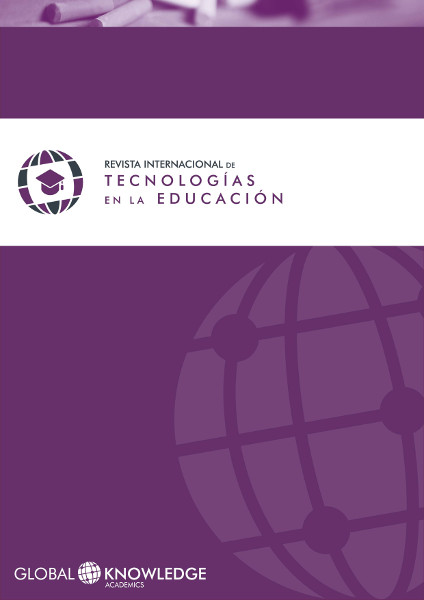Effect of the SIMAS Digital Environment in the Communication, Attitude and the Pedagogical Strategies Used by Teachers: Validation of two Areas and Levels of the Education System
DOI:
https://doi.org/10.37467/gka-revedutech.v4.290Keywords:
Teacher Communication, Pedagogical Practices, Teaching Strategies, Teachers’ Attitudes, Information and Communication Technologies (ICT)Abstract
The article shows the project "effect of digital ambient SIMAS in the communication, the attitude and the pedagogics strategies used by teachers: validation of two areas and levels of educative system" It has been developed with experimental groups (used SIMAS) and control groups (using plane text in the Escuela Normal Superior de Ubate (ENSU) and the Fundacion de Educacion Superior Nueva America (FESNA) The advances are: 1. Definition of categories of strategies of study of teachers communication, teachers actitudes in learning spaces and practices of pedagogics strategies used by teachers. 2. Make and application of instruments for collected datas.
Global Statistics ℹ️
|
350
Views
|
161
Downloads
|
|
511
Total
|
|
References
Mockus, A. (1984). “Movimiento pedagógico y defensa de la calidad de la educación pública” En: Educación y Cultura. Bogotá, 2, 27-34.
Curtis, J.H. (1962). Psicología social. Barcelona: Grijalbo.
Fonseca, M. (2000). Comunicación Oral Fundamentos y Práctica Estratégica. México: Pearson Educación.
Londoño, O.L. (2014). Concepto y proceso de interpretación en investigación cualitativa. Material elaborado para el Diplomado en Virtualidad y Autonomía. Programa Representación ontológica hipermedial para el aprendizaje significativo. Bogotá.
Strauss, A. y Corbin, J. (2002). Bases de la investigación cualitativa: Técnicas y procedimientos para desarrollar la teoría fundamentada. Medellín: Universidad de Antioquia.
Downloads
Published
How to Cite
Issue
Section
License
Those authors who publish in this journal accept the following terms:
- Authors will keep the moral right of the work and they will transfer the commercial rights.
- After 1 year from publication, the work shall thereafter be open access online on our website, but will retain copyright.
- In the event that the authors wish to assign an Creative Commons (CC) license, they may request it by writing to publishing@eagora.org







